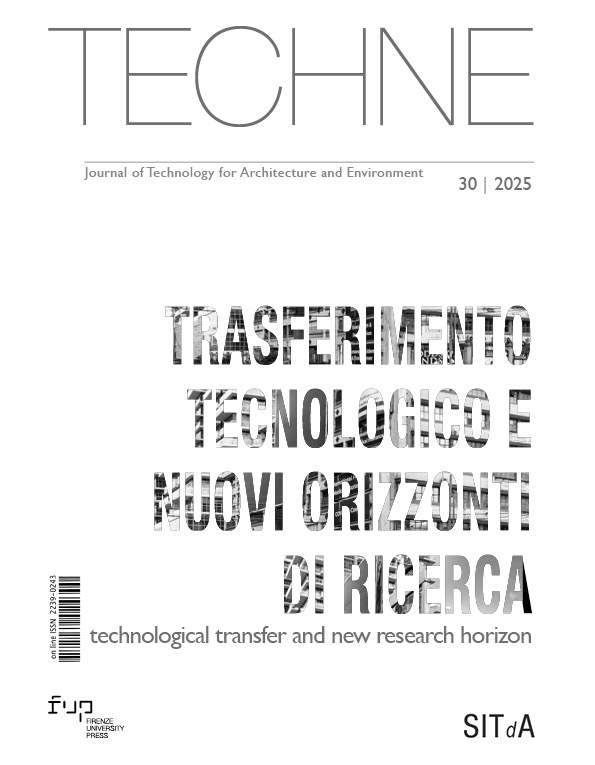Published 2025-11-07
Keywords
- Technological Transfer,
- Public Engagement,
- Knowledge and Wealth Flow (KWF)
How to Cite
Copyright (c) 2025 ANDREA PITASI

This work is licensed under a Creative Commons Attribution 4.0 International License.
Abstract
In the third mission (TM), once scientific validation through research has taken place, content specificity is of little importance so that technology transfer (TT) and public engagement (PE) in very different fields could, with very high probability, be similar in form, process and media used. The real difference between PE and TT is that the former aims to reduce sterile ignorance as much as possible, while the latter invests where fruitful ignorance opens horizons. It is good to have a view of the overall scenario of the systemic model (aka “academic capitalism”) in which the three missions are placed. TT fits into the third one. Without this overview, the risk of a proletarianisation of the scholar would be high within a process, whose upstream and downstream stages he or she ignores.
Downloads
References
- Audretsch, D. (2009), La società imprenditoriale, Marsilio, Venezia.
- Beer, S. (1987), Diagnosi e progettazione organizzativa, Isedi, Torino.
- Dahrendorf, R. (1993), Per un nuovo liberalismo, Laterza, Roma-Bari.
- Eco, U. (2023), Confessioni di un giovane romanziere, La nave di Teseo, Milano.
- Eco, U. (1980), Il nome della rosa, Bompiani, Milano.
- Ferone, E. (2013), Regole comunicazione del capitalismo accademico, Loffredo, Napoli.
- Foucault, M. (1992), Tecnologie del sé, Bollati Boringhieri, Torino.
- James, W. (1994), Il Pragmatismo, Il Saggiatore, Milano.
- Kauffman, S. (2005), Esplorazioni evolutive, Einaudi, Torino.
- Leydesdorff, L. (1995), The Challenge of Scientometrics: The Development, Measurement, and Self-Organization of Scientific Communications, DSWO Press, Leiden, The Netherlands. DOI: https://doi.org/10.2139/ssrn.3512486
- Leydesdorff, L. (2006), The Knowledge-Based Economy: Modeled, Measured, Simulated, Universal Publishers, New York.
- Luhmann, N. (1990), Sistemi sociali, Il Mulino, Bologna.
- Merton, R.K. (1958), Teoria e struttura sociale, Il Mulino, Bologna.
- Merton, R.K. (2016), La pratica della ricerca, Lit, Roma.
- Ortega y Gasset, J. (1996), L’uomo e la gente, Armando, Roma, pp. 23-30.
- Rogers, E.M. (1956), Diffusion of innovations, The Free Press, Glencoe.
- Rogers, E.M., Singhal, A. Cody, M.J. and Sabido M. (2003), Entertainment, Education and Social Change, Routledge, London. DOI: https://doi.org/10.4324/9781410609595
- Slaughter, S. and Rhoades, G. (2009), Academic Capitalism and the New Economy: Markets, State, and Higher Education, Johns Hopkins University Press, Baltimore.
- Slaughter, S. and Leslie, L.L. (1999), Academic Capitalism: Politics, Policies, and the Entrepreneurial University, Johns Hopkins University Press, Baltimore.
- Sokal and Bricmont (2011) INSERIRE REF MANCANTE
- Stafford, B. (1991), Diagnosi e progettazione organizzative. Principi cibernetici, ISEDI, Torino.
- Toeffler, A. and Toeffler, H. (2010), La rivoluzione del benessere, Casini, Milano.






